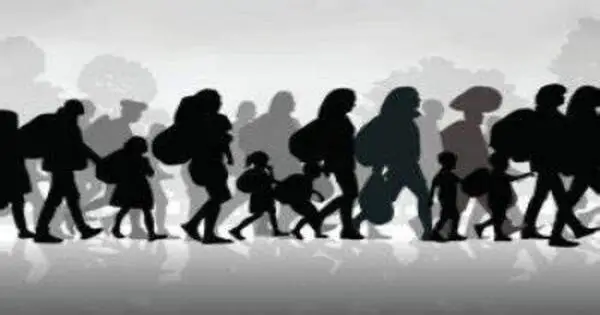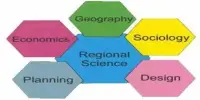Chain migration is the social process by which immigrants from one area follow others from that area to a specific destination. It is a term used to describe the process by which immigrants sponsor their family members to come and live in the same country as them. The destination could be in another country or in a new location within the same country. It refers to the phenomenon in which one immigrant’s arrival in a new country can lead to the subsequent migration of their family members, resulting in a chain-like pattern of migration. This concept is also known as “family-reunification” or “family-based immigration.”
Many countries, including the United States, Canada, and several European countries, prioritize family reunification as a way to promote social integration and support for newly arrived immigrants. Individuals who have already established themselves in the host country can bring their immediate family members (spouses, children, and sometimes parents or siblings) to join them.
Chain migration is defined by John S. MacDonald and Leatrice D. MacDonald as “a movement in which prospective migrants learn of opportunities, are provided with transportation, and have initial housing and employment arranged through primary social relationships with previous migrants.” Dara Lind of Vox describes it as a process in which “[p]eople are more likely to move to where people they know live, and each new immigrant makes people they know more likely to move there in turn.”
During the debate on immigration policy following Donald Trump’s rescission of the Deferred Action for Childhood Arrivals program, the use of the term “chain migration” became contentious.
Chain migration can have both positive and negative consequences. On the plus side, it can help immigrants integrate more smoothly into their new society by providing them with a support network of family members. It also allows families to stay together, which can have social and emotional benefits. However, critics argue that chain migration may strain resources and result in a greater number of immigrants entering a country than would otherwise occur through more skill-based or employment-based immigration pathways.
Public debates about immigration policy frequently touch on the topic of chain migration, with differing views on its effects and whether it should be encouraged, limited, or reformed. It’s worth noting that immigration debates can be complicated, involving political, economic, cultural, and humanitarian concerns.
















